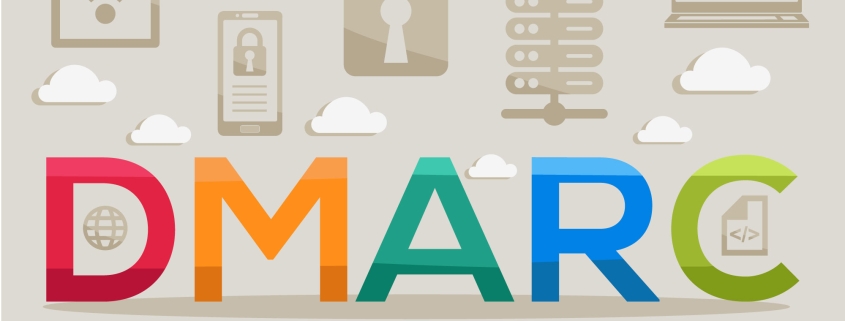Gmail and Yahoo! Set to Implement Stricter Requirements for Incoming Emails
In a bid to enhance email security and combat the rising tide of spam and phishing attempts, two of the internet’s most prominent email providers, Gmail and Yahoo!, have announced plans to enforce new requirements for the types of emails they will accept and transmit to users’ inboxes. This move underscores the growing importance of email security in an era where cyber threats are becoming increasingly sophisticated.
Gmail, owned by tech giant Google, and Yahoo!, a veteran in the email service domain, have long been at the forefront of providing reliable and user-friendly email platforms to millions worldwide. However, with the proliferation of malicious emails containing malware, phishing links, and other nefarious content, the need for tighter email security measures has never been more pressing.
Beginning in April 2024, both Gmail and Yahoo! will implement stricter protocols to determine which emails are legitimate and safe for delivery to users’ inboxes. These protocols, often referred to as email authentication standards, include mechanisms such as SPF (Sender Policy Framework), DKIM (DomainKeys Identified Mail), and DMARC (Domain-based Message Authentication, Reporting, and Conformance). These standards help verify the authenticity of the sender and the integrity of the email’s content, thus reducing the likelihood of unauthorized or malicious emails reaching users.
One of the key changes introduced by Gmail and Yahoo! involves the enforcement of DMARC policies. DMARC allows domain owners to specify how their emails should be handled if they fail authentication checks. By enforcing strict DMARC policies, Gmail and Yahoo! aim to prevent unauthorized senders from spoofing their domains, a common tactic used in phishing attacks where malicious actors impersonate legitimate entities to deceive users into divulging sensitive information.
Additionally, both email providers will enhance their email filtering algorithms to better identify and flag suspicious emails based on various criteria, including sender reputation, content analysis, and user feedback. This will help bolster their existing spam filters and provide users with an extra layer of protection against unwanted or harmful emails.
While these changes are primarily aimed at improving email security, they may also have implications for legitimate senders, such as businesses and organizations that rely on email marketing or communication. To ensure their emails continue to reach recipients’ inboxes, senders will need to adhere to best practices for email authentication and maintain a positive sender reputation.
Moreover, Gmail and Yahoo! have emphasized the importance of ongoing collaboration with the broader email ecosystem to promote the adoption of these security standards across the board. This includes working with email service providers, domain owners, and industry organizations to raise awareness and facilitate the implementation of email authentication protocols.
Overall, the decision by Gmail and Yahoo! to enforce stricter requirements for incoming emails reflects their commitment to safeguarding users’ inboxes from malicious threats. By leveraging advanced email authentication standards and refining their filtering mechanisms, these email providers are taking proactive steps to enhance email security and preserve trust in the integrity of electronic communication. As email continues to play a vital role in both personal and professional communication, initiatives like these are crucial in maintaining a safe and secure online environment for users worldwide.
If your company needs assistance with or needs help meeting these standards, please contact us today.







Leave a Reply
Want to join the discussion?Feel free to contribute!